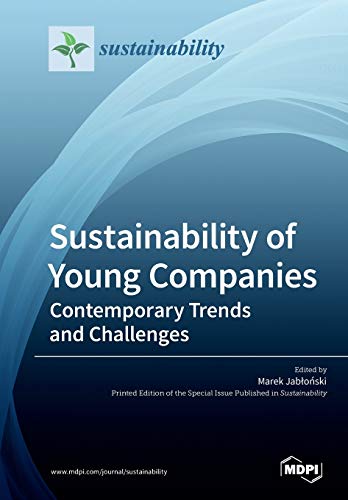

Most ebook files are in PDF format, so you can easily read them using various software such as Foxit Reader or directly on the Google Chrome browser.
Some ebook files are released by publishers in other formats such as .awz, .mobi, .epub, .fb2, etc. You may need to install specific software to read these formats on mobile/PC, such as Calibre.
Please read the tutorial at this link: https://ebookbell.com/faq
We offer FREE conversion to the popular formats you request; however, this may take some time. Therefore, right after payment, please email us, and we will try to provide the service as quickly as possible.
For some exceptional file formats or broken links (if any), please refrain from opening any disputes. Instead, email us first, and we will try to assist within a maximum of 6 hours.
EbookBell Team

4.3
98 reviewsEnsuring the sustainability of early stage companies and increasing awareness of the need for balancing targets against different stakeholder groups among young companies are not well developed. Young companies, in the first place, want to achieve financial success very often without regard for aspects such as the environment, positive relationships with employees, suppliers or other stakeholder groups, fulfilling requirements of labor law, etc. Another issue is that of companies whose business models are based on actuarially-preferred concepts, such as sharing economy, sustainable development, e-comers, e-commerce, renewable energy, social media, and others. A key issue is the resignation of companies from an approach to business, based on the foundations of classical economics to the sharing economy. Theory and practice seek new solutions in the sphere of value sharing in these new areas of sharing, and innovative forms of its implementation. Intriguing is the relationship of these business models with sustainability issues, as well as wondering how technology can influence sustainability. A contemporary approach to consumer value fits in with the assumption of a shared economy. It is interesting how it affects the assumptions of sustainability of business. The ongoing changes in the value system of potential consumers create new conditions for the design of sustainability business models and creation of innovation.